Lorem ipsum dolor sit amet, consectetur adipiscing elit. Ut elit tellus, luctus nec ullamcorper mattis, pulvinar dapibus leo.
Home • About NORDIK Institute • Our Team
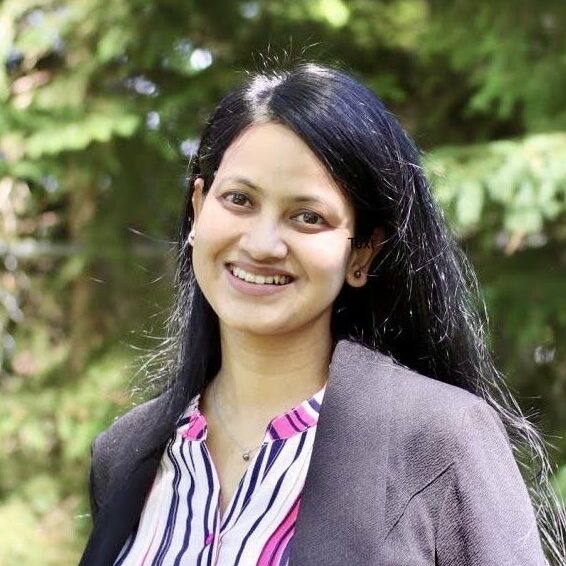
Tamanna Rimi holds a Ph.D. in Human Development and Family Studies from Iowa State
University, specializing in family finance and financial literacy. She also has a Masters degree in Economics from Tufts University. Her professional experience encompasses the fields of consumer economics, family finance, and community economic development. She currently serves as an adjunct faculty member at Algoma University. Dr. Rimi has worked in various capacities, including as a researcher at NORDIK Institute, a research
associate at the South Asian Network on Economic Modeling (SANEM), and a lecturer at the
University of Dhaka, Bangladesh.
Dr. Rimi has participated in various community-based research initiatives in Northern Ontario,
including the Sault Ste. Marie Poverty Reduction Indicators project, the Sault Ste. Marie Living
Wage calculation, the Northern Ontario Tourism Recovery and Development project, the
Valuing Ontario Libraries Toolkit project, the Northern Ontario Childcare Services, and the
Homelessness Enumeration project. She has also worked on several research projects in
collaboration with the United States Department of Agriculture Economic Research (USDA
ERS), the Department for International Development (DFID), the World Bank, and the
International Center for Research on Women (ICRW). Dr. Rimi is a passionate advocate for
equitable rural community development. Her passion for building meaningful connections with
people and bringing an equitable, anti-racist, and grassroots lens to rural community
development and social innovation spaces is evident in her work.
In addition to her professional role, Dr. Rimi is a member of the board of directors at the Algoma
Community Foundation, where she actively contributes to the betterment of the community.
Having lived and travelled in various parts of the world, she possesses a unique perspective on
different cultures and ways of life. Dr. Rimi finds the most rewarding aspect of her academic
career in working towards social progress and positively impacting people’s lives. Her long-term
goal is to foster more inclusive and dynamic communities that enable everyone to thrive.
Research Interests: Family finance and wellbeing, community economic development, financial literacy, consumer economics.
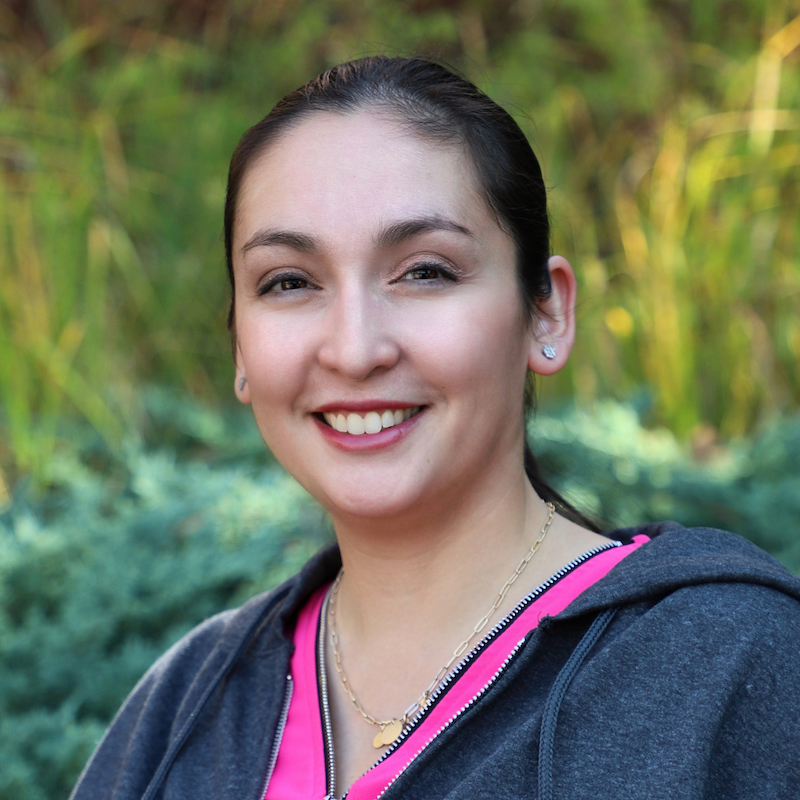
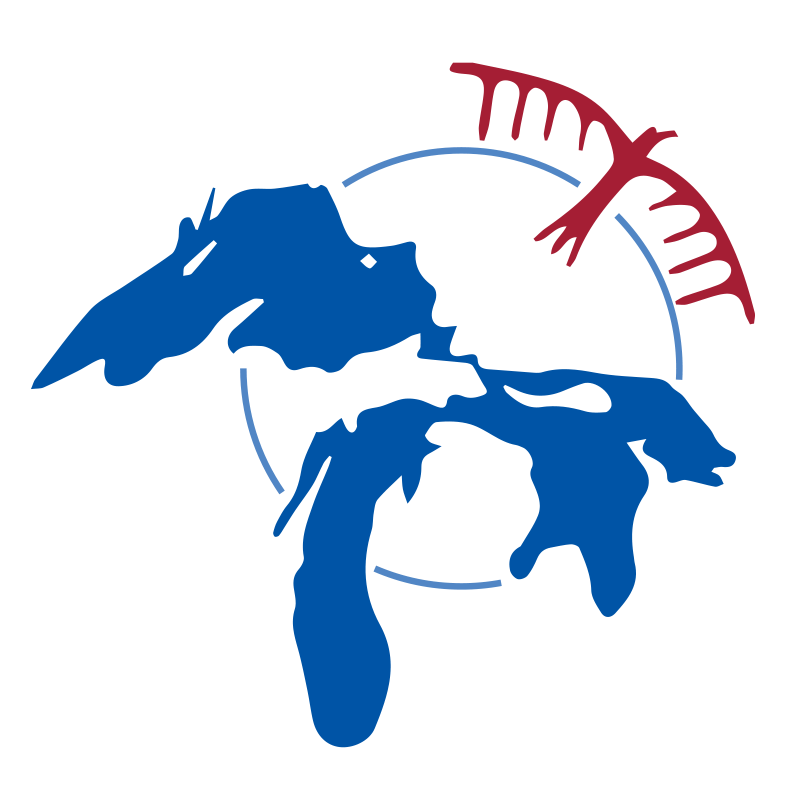
Dr. Pedro Antunes is the Canada Research Chair for Invasive Species and a Full Professor in the School of Life Sciences & the Environment at Algoma University. He is the Principal Investigator for the Plant and Soil Ecology Research Group and oversees its laboratory on the Sault Ste. Marie campus of Algoma University. He attained his B.Sc. in Biology at the University of Évora and his PhD in Soil Science from the University of Guelph, and is also currently an Adjunct Professor for the Biology Departments at Queen’s University and Wilfrid Laurier University, as well as the School of Environmental Sciences at the University of Guelph. Dr. Antunes also previously served as the Ontario Ministry of Natural Resources Research Chair in Invasive Species Biology from 2010-2015. He has provided supervision and mentorship to dozens of graduate students and postdoctoral fellows.
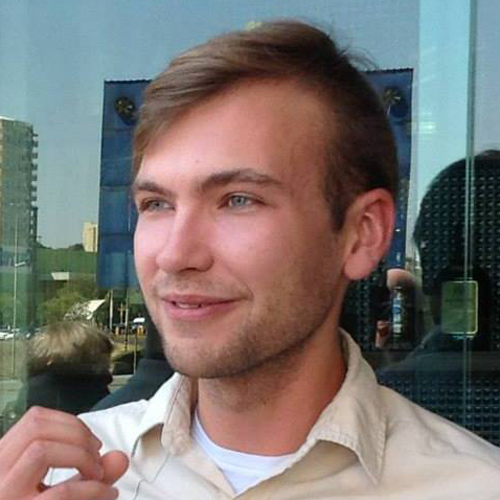
Sean Meades was born in St. John’s, Newfoundland and raised in the small community of Flatrock before relocating to Sault Ste. Marie with his family in 1995.
He completed his B.A. (Hons) in Gender and Women’s Studies and Linguistics at Dalhousie University and M.A. and Ph.D. in Linguistics and Applied Linguistics at York University. His research focuses on political economy of language policy, discourse analysis, cultural and heritage policy, land-use planning and community economic development in northern, rural and Indigenous communities.
After returning to Sault Ste. Marie from Nova Scotia, Meades worked in popular education as an anti-homophobia and safe-sex educator with the Access AIDS Network. He later joined the team at NORDIK first as an intern in 2008. During this time, he took Anishinaabemowin and Anishinaabe Studies courses through Algoma University and Shingwauk Kinoomaage Gamig, which led to a number of years volunteering and working with Shingwauk Education Trust.
Meades’ community involvement has included work with the LGBT2SQ community, anti-racism and Anishinaabe solidarity causes, cultural policy, and urban sustainability. He is currently the chair of the Cultural Vitality Committee with the City of Sault Ste. Marie and the Social Impact Lead for Algoma Universityʻs involvement in Universities Canadaʻs Social Impact Initiative.
Research Interests: policy studies (particularly cultural policy, language policy, social policy and economic policy), discourse analysis, land-use planning, community economic development, political economy
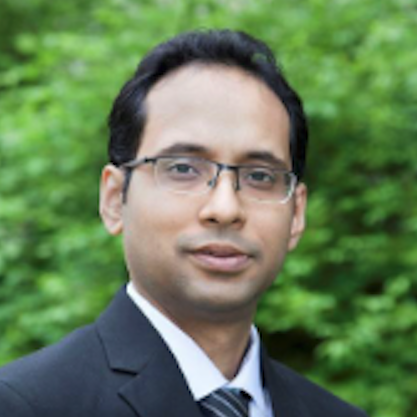
Dr. Ahmed Aziz is an Assistant Professor in the Faculty of Business and Economics at Algoma University. Before joining the Algoma faculty, he was a NOHFC Fellow at Algoma University and served as an Assistant Professor at the University of Dhaka, Bangladesh. In his extensive academic career as an applied microeconomist, he has worked on different research projects in collaboration with the World Bank, International Finance Corporation, International Center for Research on Women, Bangladesh Government, and Center for Agricultural and Rural Development, USA. Dr. Aziz’s research interests include labour migration, public economics, international and regional trade, community development economics and the intersection between these fields. Dr. Aziz has coauthored a number of journal and conference articles on the areas mentioned above and has received several national and international academic awards and funding. His current research projects focus on the links between migration decisions and welfare generosity and understanding the intergenerational effects of welfare programs in communities across Canada. Additionally, he is actively involved in projects exploring how public opinions within Canadian communities influence wage gaps between immigrants and natives. Through this research, Dr. Aziz seeks to address socioeconomic inequalities and advocates for policies promoting fair treatment and opportunities for all, regardless of their background, and the knowledge gained from this research should aid our community in expanding their understanding of how public perceptions affect labour market disparities between indigenous and settler communities. Together with Dr. Jody Rebek, Dr. Aziz is also leading a community-based action research project investigating blue economy and freshwater entrepreneurship opportunities in the Algoma region, along with the region’s social, economic, and cultural skills. With this research, Dr. Aziz and his team aim to provide a foundation for a potential policy-making process to build cohesive strategies and capacities for the city of Sault Ste. Marie.
Research Interests: Labour Migration, Public economics, International and regional trade, Community economic development.
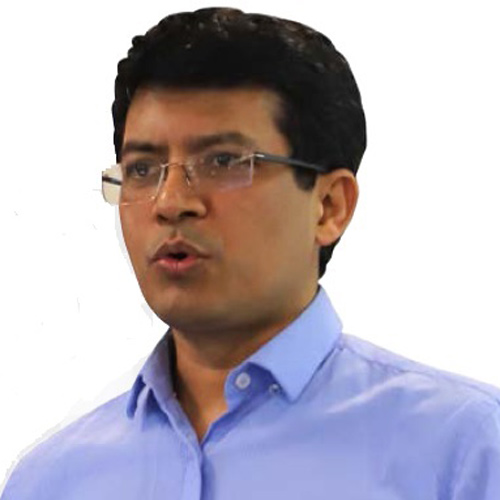
Dr. Nusrate Aziz is an Associate Professor in the Faculty of Business and Economics at Algoma
University. He is a Fellow of the Global Labor Organization (GLO), a Member of the
International Migration Research Centre (IMRC), and a Research Associate of the NORDIK
Institute. Dr. Aziz is an Editor of the Journal of Risk and Financial Management (special issue);
an Adjunct Faculty, Bob Gaglardi School of Business and Economics, Thompson Rivers
University; and a Visiting Researcher at the Department of Economics, Lazaridis School of
Business and Economics, Wilfrid Laurier University.
Dr. Aziz’s research interests include labour migration, international and regional trade, monetary
policy, international finance, institutional quality, and environmental policy. He recently
published in the European Journal of Political Economy (Elsevier), IZA Journal of Development
and Migration (Springer), The World Economy (Wiley), Applied Economics (Taylor & Francis),
International Review of Economics and Finance (Elsevier), Tourism Economics (SAGE),
Environmental Economics and Policy Studies (Springer), Defence and Peace Economics (Taylor
& Francis), Journal of Economic Studies (Emerald), among others.
Dr. Aziz’s research was funded by the (i) NOHFC, Mitacs, SSHRC Institutional Grants; (ii)
Ministry of Higher Education, Malaysia; (iii) Overseas Research Students Award Scheme
(ORSAS), UK; (iv) University of Birmingham, Multimedia University, Ryerson University and
Algoma University, among others. He was the Principal Consultant for the British and Australian
government-funded and Bangladesh Government Assisted, iDE’s rural development project and
a Resource Person for the World Bank funded ‘Higher Education Quality Enhancement Project’.
Research Interests: Economics of migration, regional and international trade, international
finance, tourism, and environmental policy.
Research Interests: Economics of migration, regional and international trade, international
finance, tourism, and environmental policy.
Website: https://sites.google.com/view/nusrate-aziz
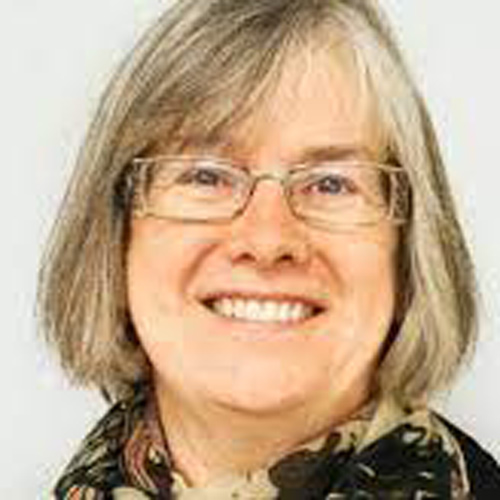
Dr. Gayle Broad is a Research Associate with NORDIK Institute and Associate Professor Emerita in the Community Economic and Social Development (CESD) program at Algoma University. A lifelong resident of Northern Ontario, lifelong learner and community activist, Gayle’s community-based research has a strong inter-disciplinary focus, with the mentoring and training of students, staff and community researchers as a central objective. Her teaching and research collaborations have afforded Dr. Broad with opportunities to learn from and with Indigenous communities and organizations; rural communities in both the North and South; women’s and low-income communities across Canada; and with labour activists.
Research Interests: Northern, Indigenous and rural community development; the social economy; community engagement and resilience; social, economic and environmental justice; public legal education; and community-based and Indigenous research methods and ethics.
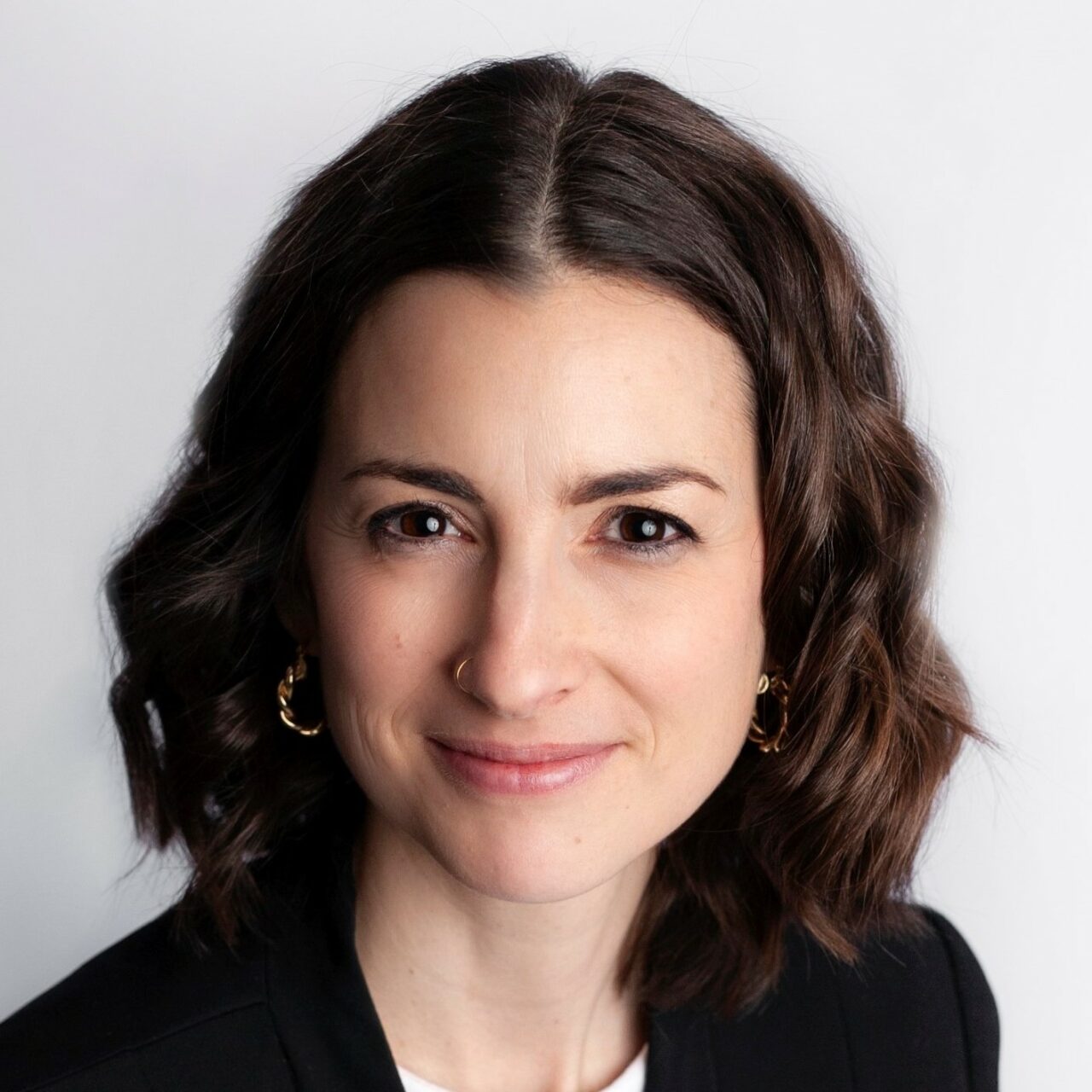
Dr. Bruni is a Paediatric Psychologist with expertise in integrated care, school psychology, and applied
behaviour analysis. Her research interests include evaluating the effectiveness of brief mental health
interventions, the use of professional task-shifting to increase access to mental health support, and the
promotion of psychological flexibility in youth. She is focused on research that is responsive to the
needs of her community and align with ongoing mental health initiatives. Dr. Bruni is a licensed
Psychologist in the state of Michigan and is currently in the process of pursing her registration in
Ontario. She has maintained her behaviour analysis certification with the Behaviour Analysis
Certification Board since 2011. Dr. Bruni is interested in the conduct of implementation research to
improve community access to evidence-based mental health interventions.
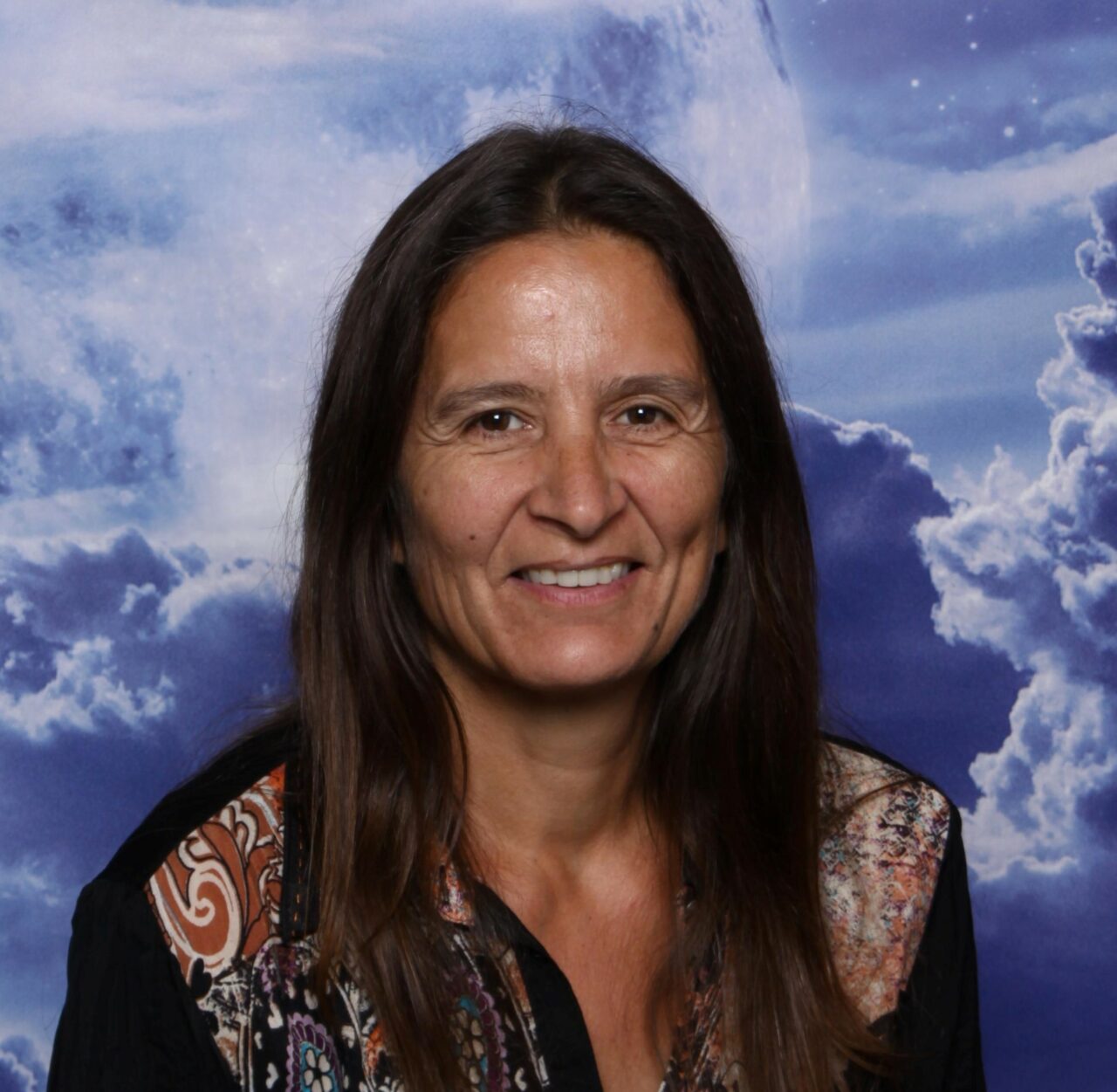
Susan (Sue) Chiblow is crane clan from Garden River First Nation. She was raised in Garden River First Nation by a single male parent in a home with 4 brothers and 3 sisters at Bell’s Point. Sue has participated in Water Walks, water ceremonies and water gatherings learning the responsibilities to the waters. She has a strong connection to the lands and waters through Anishinaabek harvesting activities. She has worked extensively with First Nation communities for the last 30 years in environmental related fields and is a volunteer for the Traditional Ecological Knowledge Elders of the Robinson Huron Treaty territory. Sue holds a B.Sc. in Biology with a minor in Chemistry, a M.E.M. in Environmental Management, and a Ph.D. from York University. She is an appointed member of the Aboriginal Traditional Knowledge Subcommittee to the Committee on the Status of Endangered Wildlife in Canada and is appointed co-chair on the Indigenous Advisory Committee to the Impact Assessment Agency of Canada. Sue is the recipient of the Vanier Graduate Scholarship and was the Pre-Doctoral Fellowship in American Indian and Indigenous Studies Program at Michigan State University. She is and Assistant Professor in the School of Environmental Sciences at the University of Guelph’s Ontario Agricultural College, since November, 2021, teaching in the new Bachelors of Indigenous Environmental Science and Practice program.
Sue’s work focuses on “N’bi G’giikendaaswinmin” (water knowledge) exploring humanity’s relationship to N’bi and how improving the relationship can support the well-being for N’bi and all life.
Research Interests: Indigenous knowledge systems and naaknigewin (law), Anishinaabek women’s knowledge, waters, star world, land-based learning, Indigenous environmental management, food sovereignty, Anishinaabek research methodologies, ecosystem approaches.
Website: https://susanchiblow.com
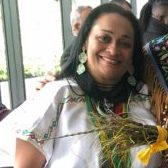
Elizabeth Garcia is Arhuaca from the Sierra Nevada de Santa Marta, exiled in Canada since 2009. An international humanitarian law specialist with extensive experience as an activist of ethnic feminism and working with people in exile. Just appointed Colombian Ambassador in Bolivia. During the past 3-4 years, Elizabeth has worked with NORDIK Institute on the Truth Commission and the Ethnic Peoples and Peace Global Network projects, and she recently visited Colombia with Algoma University as a member of the Colombian delegation of the Ethnic Commission for Peace and Defense of Territorial Rights.

Dr. Melanie Goodchild, Anishinaabe (Ojibway), moose clan, is a design and innovation strategist
with over 30 years’ experience working with First Nations communities. Her practice has
transitioned from applied sociology to Anishinaabe, decolonial and participatory approaches to
better understand how to tackle complex systems challenges. With a Ph.D. in Social and
Ecological Sustainability from the University of Waterloo, she has worked on transformative
systems initiatives with other practitioners and scholars around the world. Melanie is a
contributing faculty member with the Presencing Institute at MIT and the Wolf Willow Institute
for Systems Learning. She is passionate about utilizing complexity-aware tools together with
Anishinaabe gikendaasowin (our original ways of knowing) to support innovation at scale. She
is a Systems Changer in Residence with the Canadian Association of Science Centres (CASC); the
Academic Director of Makwa Waakaa’igan at Algoma University; and a research associate at
NORDIK Institute. Melanie is a certified 3 Horizons facilitator and a member of the Editorial
Board of the Journal of Awareness-Based Systems Change. She is currently an advisor to the
Edge Finance Accelerator at Solvable; a member of the Measuring Systems Practice
Development Group with the Social Impact Exchange in New York City; a Systems Coach with
the Center for Care Innovations in California; and she serves as a member of Policy Horizons
Canada’s Deputy Minister Steering Committee. Melanie holds an MA and HBA in Sociology
from Lakehead University and she was a university finalist for the Alumni Gold Medal at the
doctoral level in the Faculty of Environment, 2023 recipient. She is an alumna of the
International Women’s Forum Leadership Foundation’s Fellows Program (2015/16) sponsored
by Harvard Business School and INSEAD. Dr. Goodchild is from Biigtigong Nishnaabeg, Aroland,
Couchiching and Ketegaunseebee First Nations and she resides in Bawating with her family.
Research Interests: the nexus of systems thinking/complexity science and Anishinaabe gidendaasowin (our original ways of knowing), social and ecological sustainability, and participatory futures foresight.
Website: www.melaniegoodchild.com
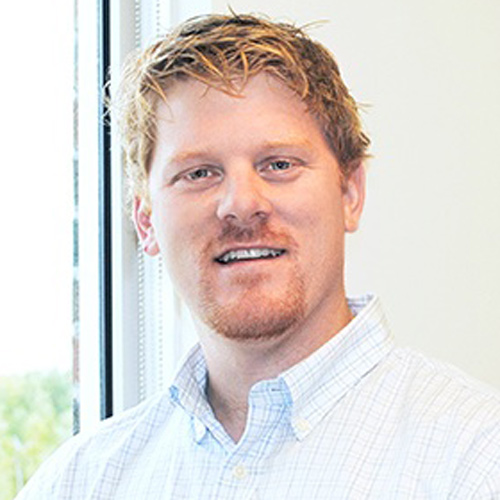
Aaron Gordon is a tenured Associate Professor in the School of Business & Economics at Algoma University, where he has both developed and taught various courses within the Human Resources specialization and the Project Management certificate at both Sault Ste. Marie and Brampton campuses.
Equipped with a Bachelor of Arts (BA) and a Bachelor of Education (B.Ed.) he also earned a Masters of Business Administration (MBA) and a Doctorate of Philosophy (Ph.D.), with a specialization in Project Management. Prior to accepting a faculty position, Aaron was the Project Management and Integration Lead for Ontario’s north-east region, where he led various healthcare integrations under Ontario’s Ministry of Health. Aaron has offered academic leadership in the development of Algoma University’s Project Management Certificate and currently researching the viability of a Social Cultural and Economic Innovation Centre for Algoma University. He provides advisory services in the areas of HR and Project Management, where he has previously advised teams within government, private, and non-profit, in Canada, USA, Germany, and South-East Asia.
Research Interests: Aaron’s research interests surround leveraging human resource systems through effective project and change management planning. His publications focus the application of project management theory in government context and was invited to speak at the Project Management Institute’s Research and Education Conference in Portland, OR – Topic: The Symbiosis of Project Management and Change Management During Healthcare Integrated Planning: A Case Study of Ontario’s Healthcare System. In addition, Aaron has collaborated and published with renowned project management expert – Dr. Julian Pollack (University of Technology Sydney, Australia).
Professional Affiliations: Project Management Institute, Birkman International, Human Resources Professional Association
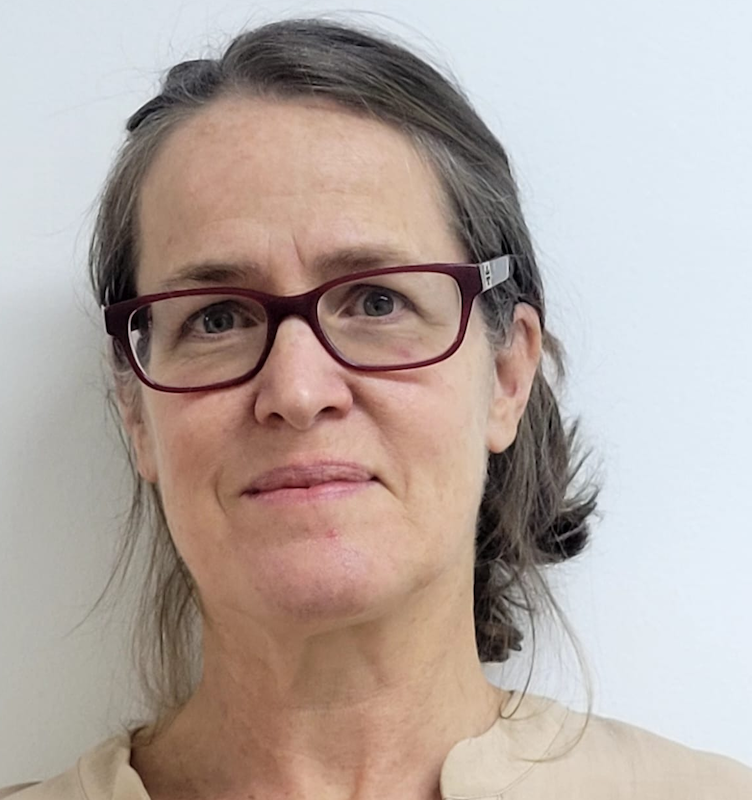
Sheila Gruner is an Associate Professor of Community Economic and Social Development (CESD), Algoma University, Adjunct Research Faculty at Carleton University, and Visiting professor in the Faculty of Environmental and Rural Studies, Universidad Javeriana (Colombia). Critical educator, researcher and activist, Dr. Gruner works with women’s, Indigenous, Afro-descendent, rural and environmental organizations in Canada and Colombia, accompanying efforts for the protection of gender, political and territorial rights. Her research draws on critical, participatory, decolonial and institutional ethnography methodologies, to explore issues related to development, violence/conflict and displacement; transitional justice and culturally-based alternatives to development; environmental and land defense movements; as well as gendered and racialized violence. Dr. Gruner currently acts as a Coordinator of Colombian Truth Commission in Ontario, gathering testimonies of victims of armed conflict in exile, and is researching issues related to the implementation of the Ethnic Chapter of the Colombian peace accords. She has published in both English and Spanish.
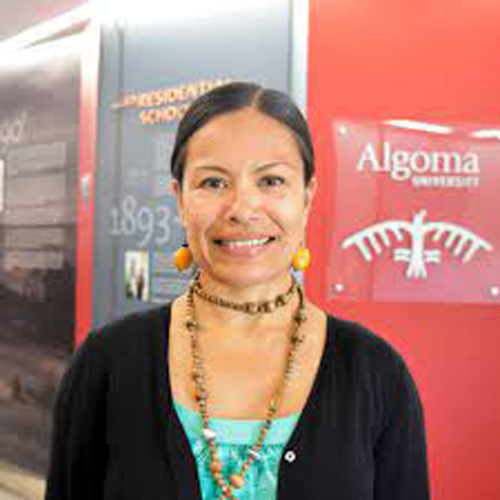
Dr. Jimenez-Estrada is Maya Achi (Guatemala), the EDI Academic Lead (2020-23) and an Associate Professor in the Department of Sociology, where she teaches critical and decolonizing sociology. She received her PhD from the University of Toronto and is dedicated to research, teaching, and learning while centering Indigenous knowledges, voices and perspectives in her efforts to decolonize academic and research endeavours. She has worked with Indigenous organizations in Guatemala and Mexico and has led projects that bridge institutional frameworks led by community-centered and Indigenous led needs. She works locally with the Indigenous Women’s Anti-Violence Task Force of Baawaating (Sault Ste. Marie) and internationally with the National Coordinator for Indigenous Women of Mexico (CONAMI) with ally academics on a project called ‘Indigenous Women Storying and Interweaving their Experiences of Gendered and Colonial Violence in Mexico and Canada” funded by SSHRC ($199,980 for 2021-24) Building on a prior SSHRC Partnership Engage Grant (25,000 for 2018-19).
Her research centers the voices and recommendations of Indigenous women and gender-diverse individuals to address gendered and colonial violence.
She also served as Principal Investigator (on behalf of the Indigenous Women’s Anti-Violence Task Force, in collaboration with NORDIK Institute), for the “Restorative Justice: Anti-Racism Youth Diversion Initiative” (2019-2022), funded by Heritage Canada’s Anti-Racism Action Program (2019-22).
Her work has been published in the Canadian Journal of Native Education, the Australian Journal of Indigenous Education, the Canadian Journal of Native Studies, Dialogo: An interdisciplinary studies journal, Abya Yala and the Canadian Journal of Latin American and Caribbean Studies. In addition, she has also co-authored a chapter in Routledge’s Handbook of Central American Governance, in addition to two chapters co-authored with IWAVTF colleagues: Red Dresses on Bare Trees and Feminicide and Global Accumulation: Frontline Struggles to Resist the Violence of Patriarchy and Capitalism and has presented at various academic conferences including the World Indigenous Conference in Education (WIPC-E), the Native American and Indigenous Studies Association, the Canadian Latin American Studies Association, Latin American Studies Association and others.
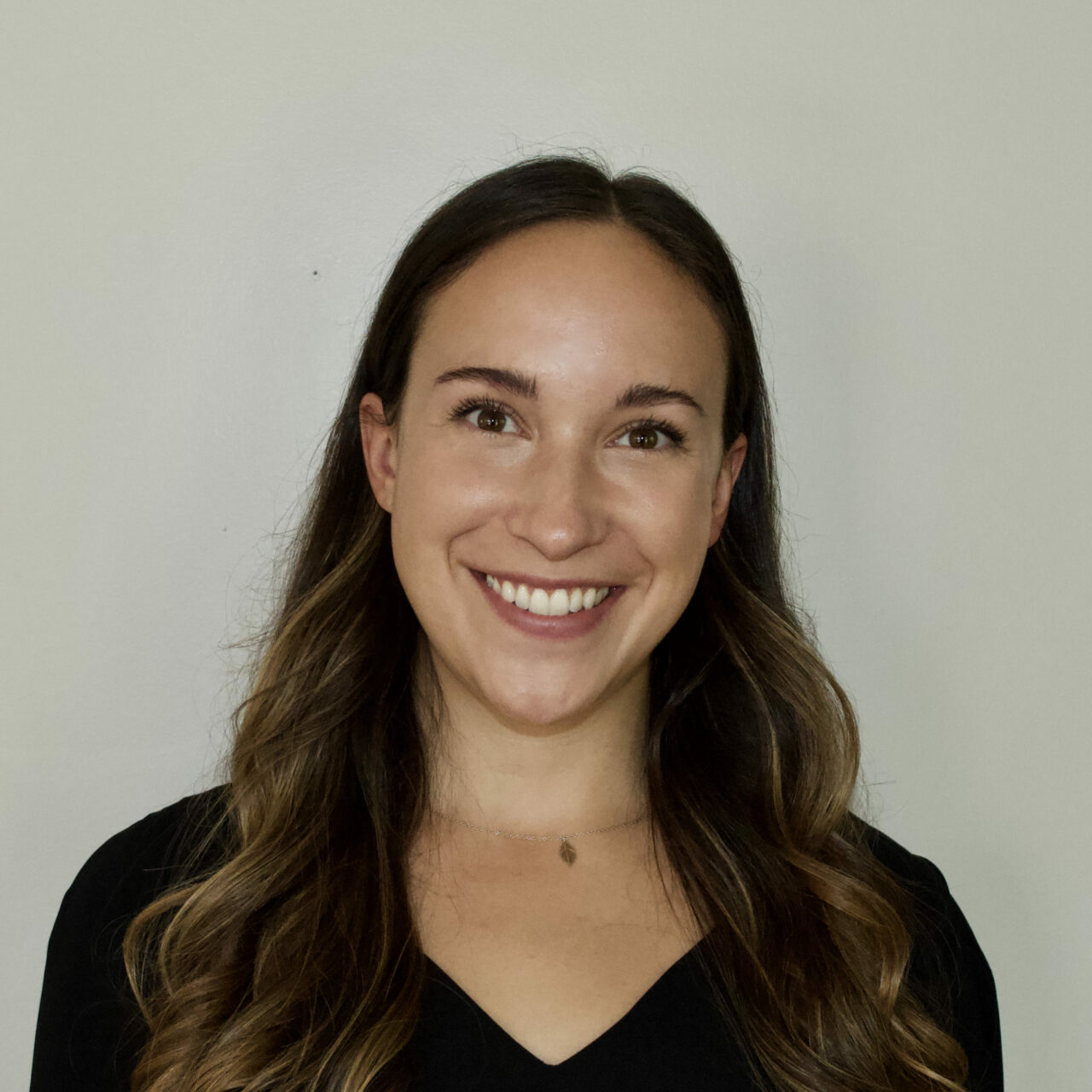
Haley earned her Ph.D. from Lakehead University and is currently a postdoctoral fellow with Wildlife Conservation Society Canada and Trent University. In her postdoctoral position, Haley is working with Moose Cree First Nation to better understand the cumulative effects impacting Namew (Lake Sturgeon) in the Moose Cree Homelands. Haley is a freshwater ecologist and toxicologist interested in understanding how anthropogenic changes impact freshwater ecosystems, fishes, and the communities reliant on these environments. Haley brings a unique perspective to her work by applying her diverse research experience in environmental toxicology, cellular and molecular biology, freshwater ecology, fisheries science, and community-based research focused on weaving knowledge systems.
Research Interests: Aquatic ecology, multiple-stressors, conservation and Indigenous-led conservation, aquatic contaminants, climate-change, community-led research, science communication
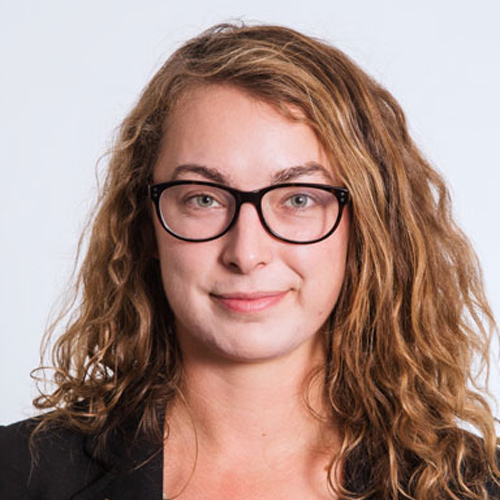
Andrea Pinheiro began her art studies at White Mountain Academy of the Arts in Elliot Lake, Ontario. After traveling west for further studies and to work in artist-run centres in Vancouver, she returned to the Algoma region to teach in Visual Arts at Algoma University. Pinheiro works in photography, print, paint, film, clay, and installation, weaving together elements of documentary and collecting practices with the poetics of embodied experience. Her work is distilled from experience of place, and is intertwined with consideration of the long and complex histories of land, objects, and materials. Referencing historical events, significant sites, or other artworks, the images and materials in Pinheiro’s work become vessels that record her interactions; gestures that oscillate between creative and destructive processes of transformation. Pinheiro has exhibited across Canada and internationally. She has completed numerous national and international residencies. Her work is represented by Cooper Cole Gallery in Toronto and Republic Gallery in Vancouver. She is the Founder of 180 Projects in Sault Ste. Marie, and lives and works along the Goulais River in Searchmont and often Big Basswood Lake.
Research Interests: Art, land-based art, digital art, photography, film and video, ecological art, uranium/nuclear industry – environmental and cultural impacts, invisibility, memory, perception, human legacy, wild ceramics, foraging and collecting, art in community, art and wellbeing
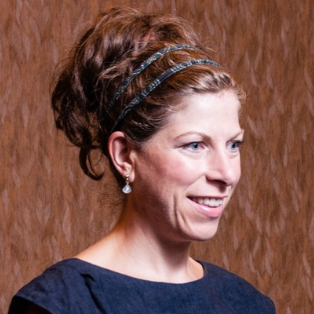
Research Interests: Motivation, leadership development, entrepreneurship (contemporary management), strategic people services (also known as HR), holistic community development, organizational development and behavior, cultural development, team synergy, ancient wisdom teaching/practices, indigenous teachings, contemplative education, mental models, career development, well-being/holistic health, active and play-based learning, participatory action research, social entrepreneurship (triple “P” – planet, people, profits) and other purpose-based business models, ecological/environmental stewardship especially of the Great Lakes, imagination/innovation/creativity, arts-integrated research and participatory action research.
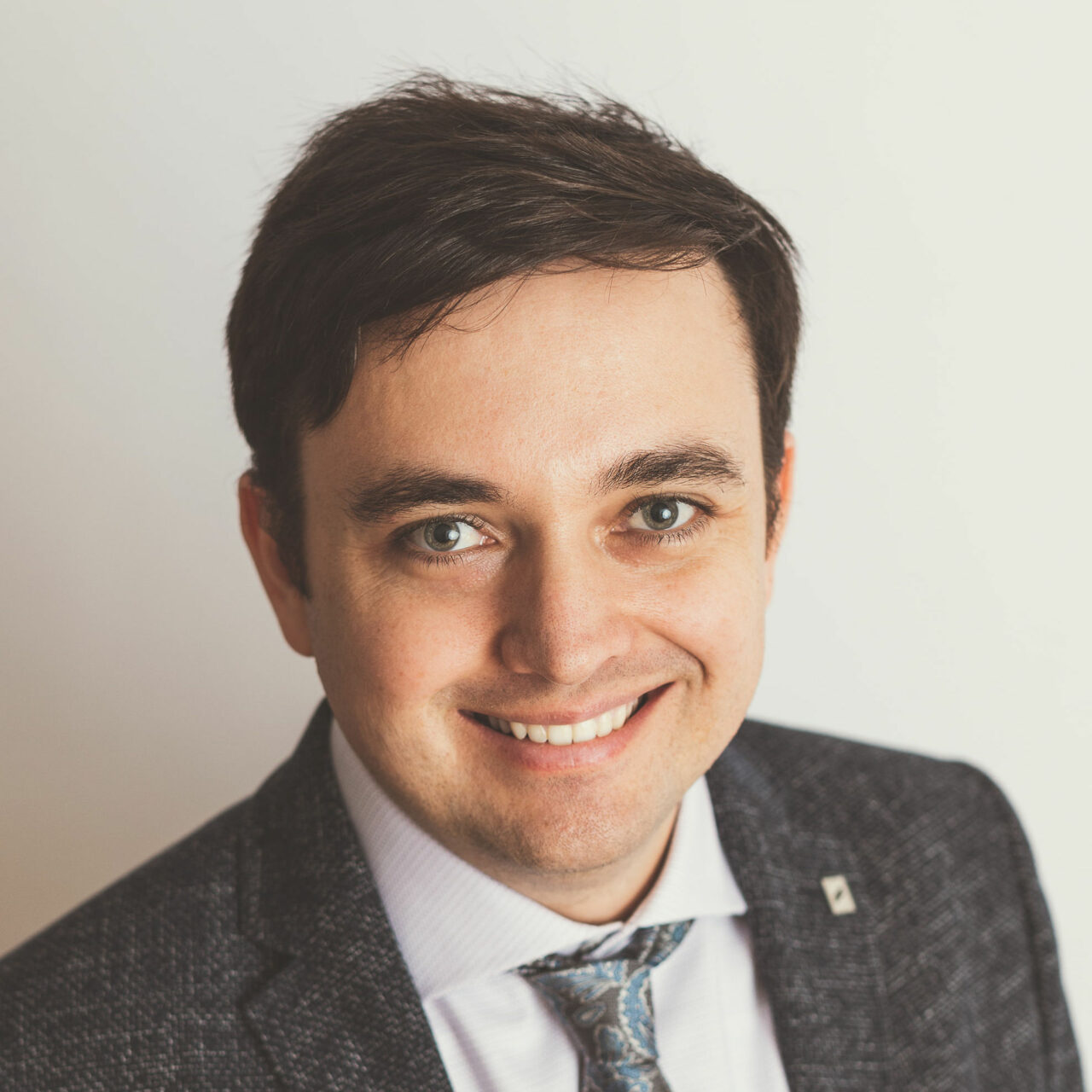
As the Rural Agri-Innovation Network (RAIN) Manager, David has 12 years of experience developing and growing regional agri-food initiatives within northern Ontario. David is a graduate of the Community Economic & Social Development (CESD) Program from Algoma University and has his Masters of Business Administration (M.B.A.) focusing on Community Economic Development through Cape Breton University. At RAIN, he leads a team to undertake applied research projects and pursue agri-food development initiatives to grow the agri-food sector in northern Ontario.
Website: http://rainalgoma.ca/

Dr Edward Turgeon’s teaching appointments have included Professor at HARID Conservatory of Music
and Dance, Director of Collaborative Arts, Keyboard Studies, and Associate Professor at Florida Atlantic
University, Professor of Music at Algoma University and Artistic Director of Great Lakes International
Summer Music Institute.
Turgeon has won first prizes in major international competitions including the International Schubert
Competition for Piano Duos (Czech Republic) and the Murray Dranoff International Two Piano
Competition (Miami). Since 2000, he has performed hundreds of concerts with his wife Anne as a
member of Canada’s internationally acclaimed piano duo, the “Duo Turgeon”, including at Carnegie Hall
2X), Music Toronto (5X), Yong Siew Toh Conservatory (Singapore), the Concertgebouw of Amsterdam,
Krakow Philharmony Hall, International Pianistenforum Germany, San Francisco International Music
Festival, and throughout Russia, where Duo Turgeon’s numerous visits since 1999 have included major
Russian cities along the Trans-Siberian Railway. Since 2018, Turgeon has been a member of an exciting
new ensemble, the Canadian Piano Quartet, with pianists Anne Turgeon, Elizabeth and Marcel Bergmann.
Turgeon’s numerous recordings can be heard on Marquis, ClassXDiscs and Vanguard Classics labels.
The Duo Turgeon’s recording “Latin American Journey” received a special citation from Instituto Piano
Brasileiro as well as 5-star ratings from CBC, La Scena Musicale, Wholenote and American Record Guide,
which described Turgeon’s performances as having “hypnotic intensity”. As an adjudicator, Turgeon has
judged numerous festivals in Ontario, the provincial finals of OMFA, CMC national finals, the
International Liszt Competition, Premio Brasil International Piano Competition, Isidor Bajic International
Piano Competition and the Murray Dranoff International Duo Piano Competition. Turgeon has been
heard on classical music radio stations throughout the world, including CBC’s Arts National and Sound
Advice, National Public Radio’s “Performance Today”, BBC, Australian Radio, and the PBS television
documentary “Two Pianos – One Passion”. He has given world premiere performances of new works by
Libby Larsen, John Corigliano, Aaron Copland, Derek Charke (commissioned by Duo Turgeon to compose
“Drift”, a work inspired by Northern Ontario landscapes and weather phenomena) and Barbara
Assiginaak (daughter of a Shingwauk residential school survivor and Order of Ontario, and Order of
Canada – for a multi-media work “Zhingwaak”, commissioned by Duo Turgeon, and one of the first
Classical music compositions to have all written and performance indications in Anishinaabek, along
with projected Anishninaabek and English translations during performance).
Turgeon’s students have won prizes in regional and international competitions. Several hold important
positions at colleges and universities throughout the United States. Turgeon has served as a senior
examiner for RCM’s College of Examiners since 1990. Since then, he has had the privilege of hearing
more than 20,000 candidates perform piano examinations from levels Preparatory A through to the
terminal ARCT degree.
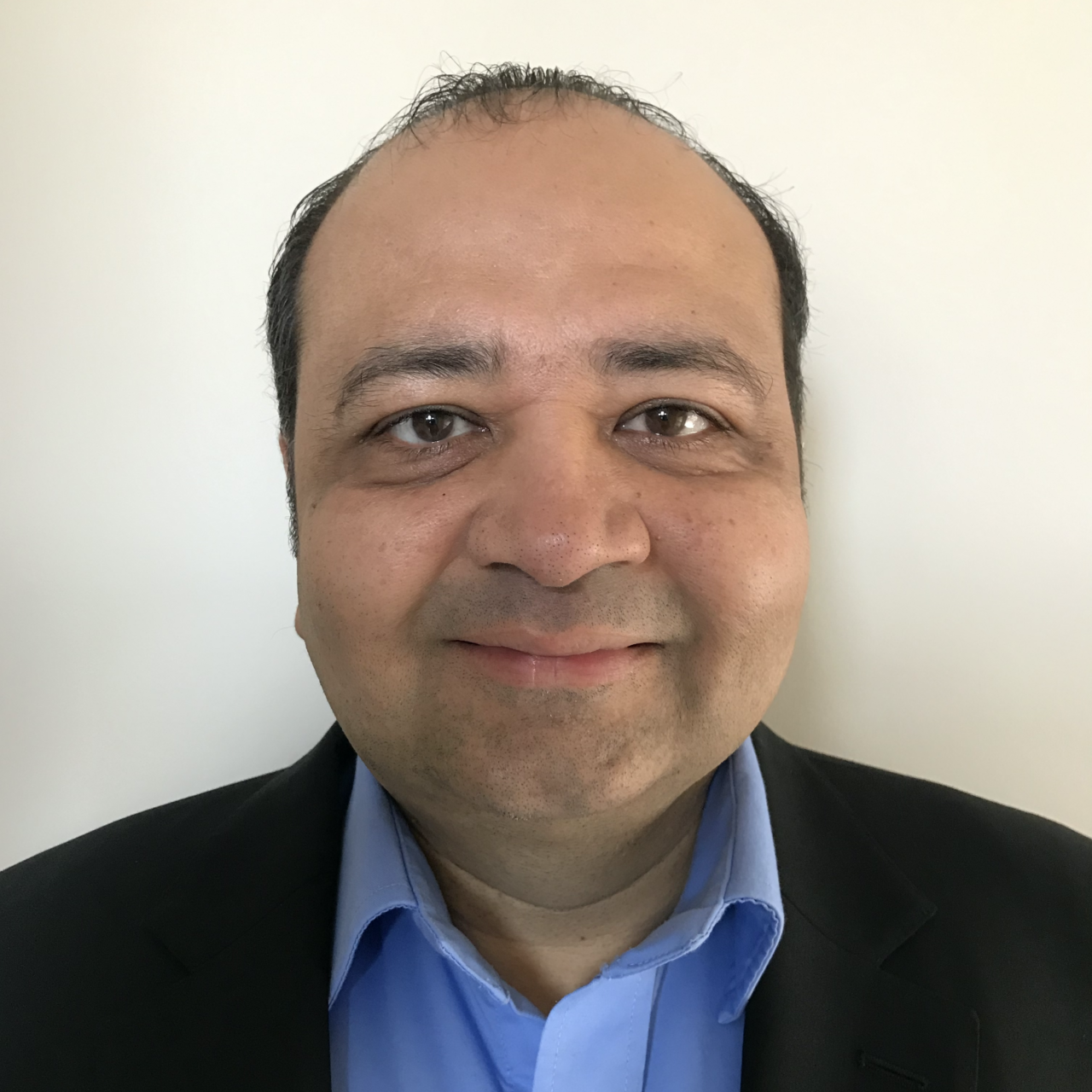
Dr. Ushnish Sengupta is an Assistant Professor in Community Economic and Social Development at
Algoma University. He has a PhD from the Ontario Institute for Studies in Education, an MBA
from the Rotman School of Management, and a degree in Industrial Engineering from the
University of Toronto. Ushnish Sengupta’s PhD focused on data governance theory for social
economy organizations. Dr. Sengupta is an award winning teacher and has taught courses at
post-secondary institutions and at community based organizations. In addition to his academic
experience, he has worked in various private sector, public sector, and social sector
organizations including Atomic Energy of Canada Limited, Cedara Software Corp, Canadian
Broadcasting Corporation, Centre for Addiction and Mental Health, OntarioMD, Ontario
Telemedicine Network, and eHealth Ontario. Dr. Sengupta’s research interests include
Nonprofits, Cooperatives, Entrepreneurship, Blockchain, Artificial Intelligence, Open Data,
Diversity, and the Social and Environmental impact of technology projects. He is currently
researching the social and environmental impacts of the adoption of technology in Smart City
projects, and underrepresented groups in social economy organizations.

Dr. Laura Wyper is an Assistant Professor of Community Economic and Social Development. She holds a Bachelor of Health Sciences in Midwifery from Laurentian University, a Bachelor of Education from Trent University, a Master of Arts in Adult Education and Community Development from the Ontario Institute for Studies in Education (OISE) at the University of Toronto, and a PhD in Adult Education and Community Development with a specialization in Comparative, International and Development Education from OISE, at the University of Toronto. She has worked in community development for more than twenty-five years in women’s health care, community-based adult education, literacy and basic skills, and post-secondary education.
Dr. Wyper’s current work includes the Pedagogical Importance & Transformational Learning Impacts of Faculty-led Short Term Mobility Experiences, related to the CESD 3406 Global Skills Mobility course she ran in the fall of 2022 which brought students to Turin, Italy for Slow Food’s Terra Madre biannual event, and is beginning work on an international policy transfer project: Community Reclamation, Revitalization, Regeneration & Resilience: Municipal Policy Transfer and the Applicability of the One Euro House Project in Rural & Northern Ontario.
Research interests: food sovereignty, biodiversity, global activist movements, intercultural learning, translanguaging, equity of access in higher education, community mobilization and resilience.
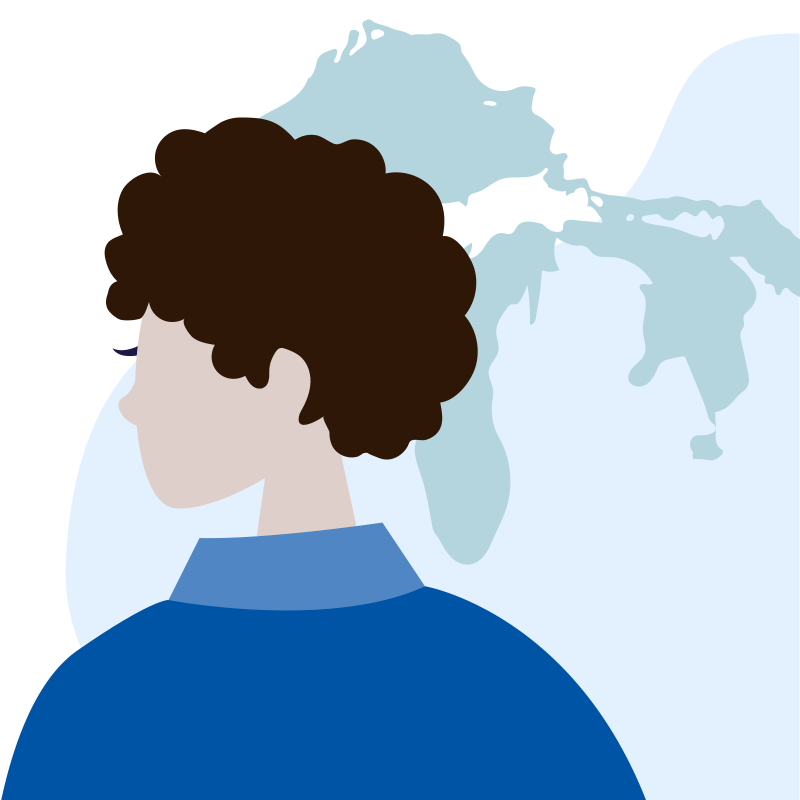
Dr. Jude Ortiz is NORDIK’s Research Coordinator and holds PhD (University of the West of England, UK) in Arts, Education and Creative Industries and has been conducting research with NORDIK and leading its community development initiatives since its inception. Jude also holds a Bachelor of Education (University of Windsor) with a long teaching career in post-secondary education engaging diverse student populations including, Inuit, Indigenous, and settler communities. She is an adjunct professor with the Community Economic and Social development program, having taught since 2012.
Jude’s research with NORDIK began with the Community Resilience of Sault Ste. Marie initiative aimed to increase resilience through strengthening capacity to respond to disruption and transition to place-based knowledge economies by investing in human, natural and cultural capital. Her contributions include: Mapping Northern Creative Spaces (2021); Culture, Creativity and the Arts: Building Resilience in Northern Ontario (2017); Value of Northern Libraries (2017) and Animating the John Rowswell Hub Trail (2015) with the latter two being awarded Innovative Sault Ste. Marie Innovation Centre’s, Innovative Project of the Year. Currently she is leading the Social Enterprise and Entrepreneurship (SEE) initiative. Jude’s research and development studies include methodologies that create partnership and engagement to cogenerate new and deeper understanding of the issues, participant recruitment, communication and marketing, strategic planning activities, data collection, analysis and report writing, and dissemination.
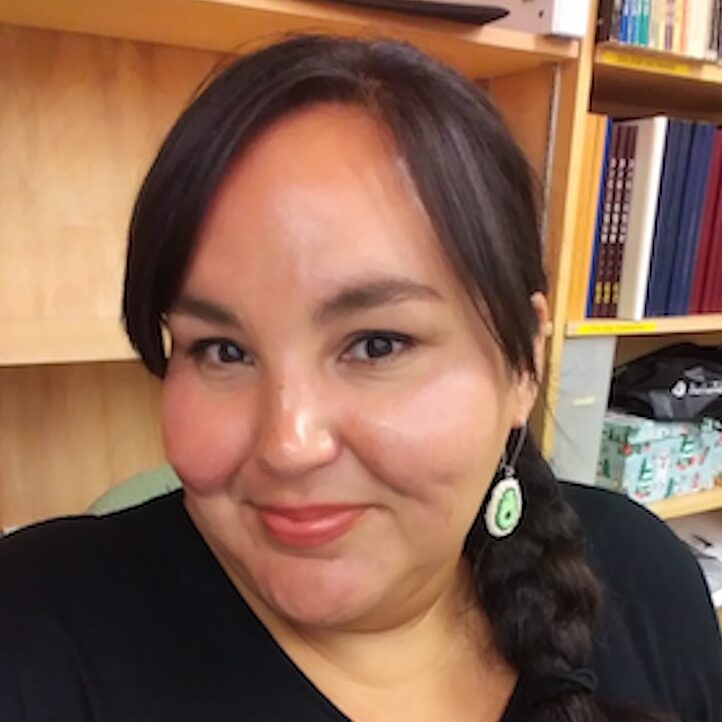
Amy is a member of Batchewana First Nation. She is NORDIK’s Communications Manager. She has a BA (Hons) in Political Science from Lakehead University. For over 10 years Amy has worked as a community-based researcher with Indigenous communities throughout the 1850 Robinson Huron Treaty territory. She has extensive experience in strategic planning, First Nations governance, policy analysis, development, event planning, facilitation, and treaty research. Amy comes to NORDIK from the academic library field with a keen interest in Indigenous literatures and Anishinaabe storytelling protocols.
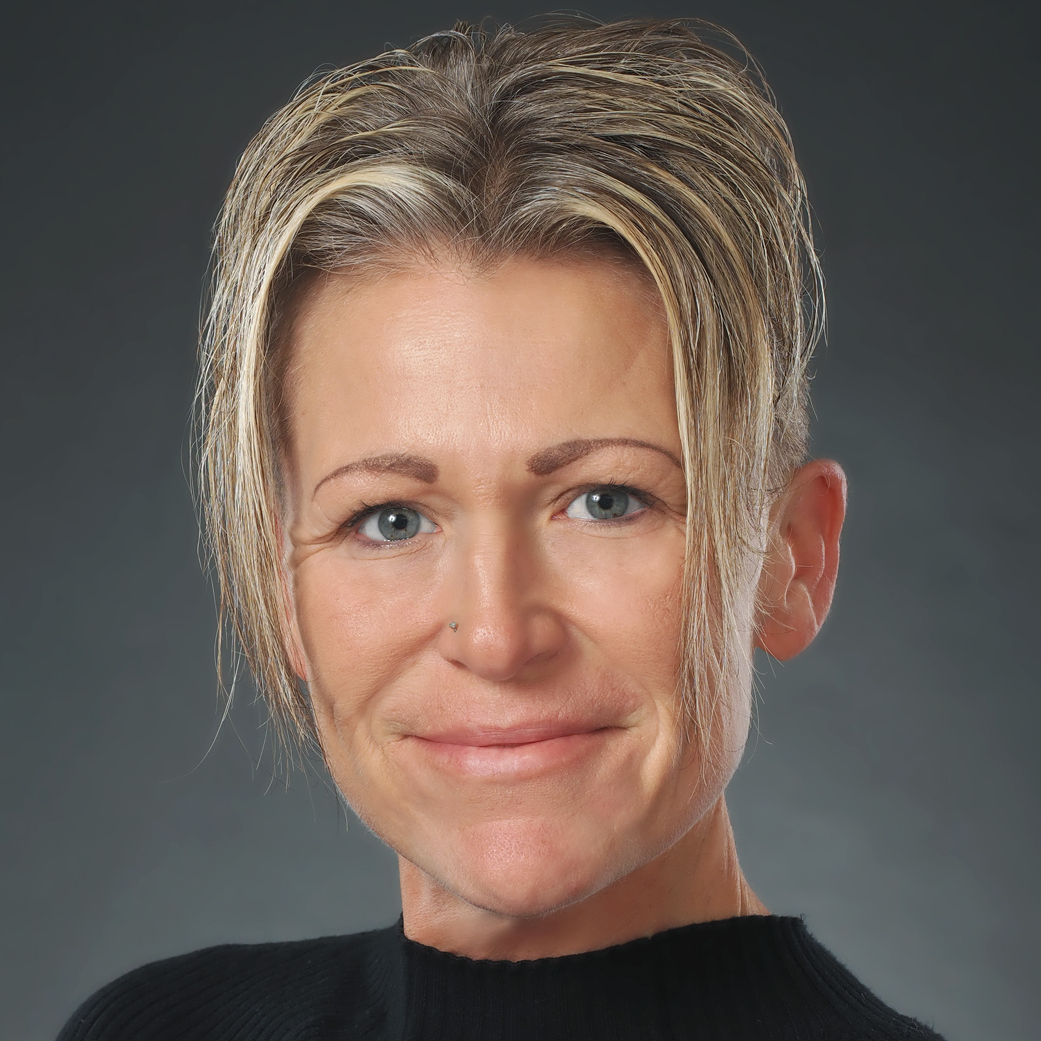
Aniin, Miskwabnia Kwe Inidiznikaaz (Red Sunset Woman), Bawaating Indoonjiba, Haudenosaunee kwe indow, namanche indodem, my English name is Tara Burrell.
I have been acknowledged throughout my career as a resourceful, client-focused, and team-oriented professional who excels at identifying, understanding, defining, and solving social and community problems. I am goal-oriented and have a strong work ethic that prioritizes personal and professional goal attainment through long-term commitment. Extensive experience in leading community engagement and outreach projects and programs, conducting research, managing community and social services, event planning, and partnership building, and am currently in process of completing a Master’s Degree in Social Work.
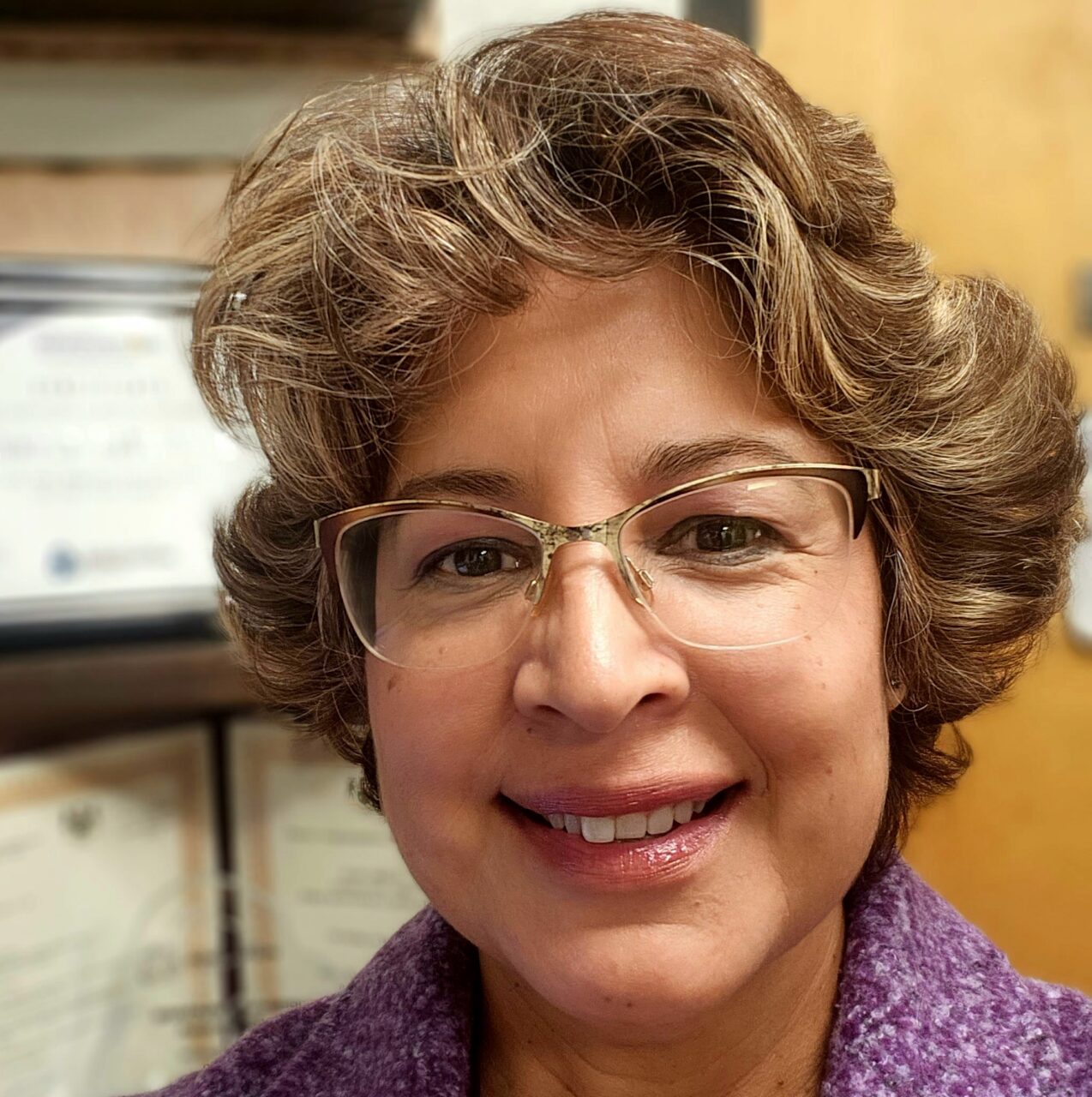
Jennifer (Nimkii Benashii Kwe) is Ojibway and a member of the Chippewas of Rama First Nation. She grew up on the Chippewas of the Thames First Nation. She has received an Office Administration Certificate from Fanshawe College and Supervisory Certification from the Canadian Institute of Management. Both of her grandmothers and late father were students of Mt. Elgin Indian Residential School . Her late father also attended the Pine Ridge (Bowmanville) Training School. Jennifer has experience working with various First Nation Chief and Councils and First Nation organizations throughout her career as an Executive Assistant. She enjoys hunting, fishing, attending ceremonies and making crafts. She is looking forward to working with the Site Search Team.
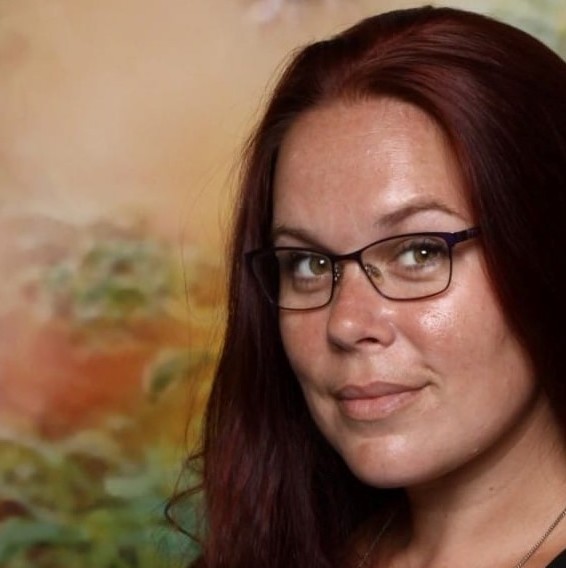
elizabeth.macmillan@algomau.ca
Elizabeth is an Algoma University Alumni, with a B.A. in Community Economics and Social Development and in 2019 awarded Algoma Public Health’s Public Health Champion title. She is an active member of the Sault Ste Marie community, where she was born and raised. Her unique passion for food sustainability led her to volunteer in various educational gardening projects throughout Algoma, and in 2012 found the ‘Algoma Educational Gardening Committee’. Elizabeth recently took on the role of Vice-president of a local charity to ensure its services remained in the community.
Since 2016, Elizabeth has supported a number NORDIK research and community development initiatives including Hornepayne Strategic Plan: Planning for a Resilient Community, NORDIK’s Social Return on Investment, and the Social Enterprise and Entrepreneurship (SEE). Her current position focuses on engaging underserved women entrepreneurs and developing programming tailored to meet their needs.
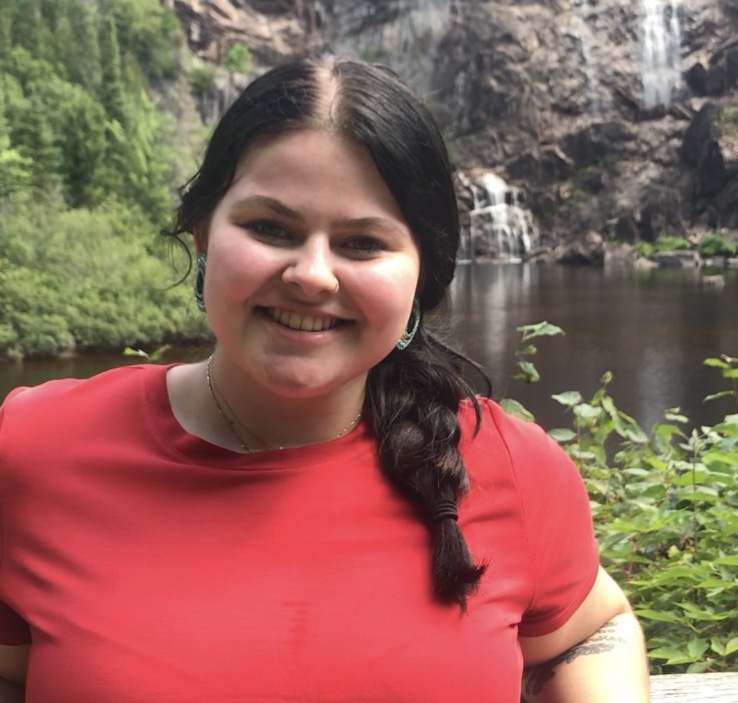
Kendall Mitchell, Anishinaabe, is crane clan and a member of Batchewana First Nation. Kendall Mitchell is the Project Coordinator for the Institute of Peoples, Territories, and Pedagogies for Peace working in Canada and Colombia and is a Part-Time Faculty Member at Algoma University.
She completed her undergraduate degree at Algoma University where she double majored in Community Economic and Social Development and Political Science. After working with Turtle Concepts as a public speaker in Indigenous communities across Ontario, she began working with Dr. Sheila Gruner at NORDIK Institute as a Research Assistant for the Ethnic Peoples & Peace – Global Network.
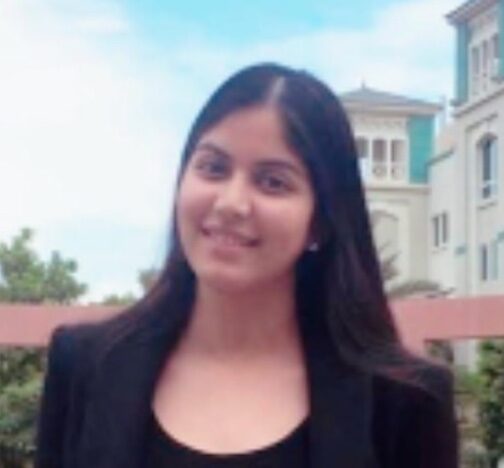
Zeel Patel is a research assistant at the NORDIK Institute, collaborating with Dr. Nusrate Aziz and Dr. Sean Meades on “Northern Ontario Labour Force Retention and Attraction in a Post-Pandemic, Digital Economy”.
Her exposure to a multicultural environment has provided her with a solid understanding of the perspectives and expectations of immigrants from diverse ethnic backgrounds who choose to settle in a country like Canada.
She holds a B.Sc. (honors) in Psychology and recently graduated from Algoma University. Zeel specializes in qualitative and quantitative research analysis, with a focus on “the work-life balance and well-being of female married high school teachers through Interpretative Phenomenological Analysis (IPA)” and the “Influence of social media usage and framing of posts on empathetic behavior.”
Kramer Rousseau
Lauren Doxtater (Chair)
Steven McCoy
Krista Bissiallon
Istvan Imre

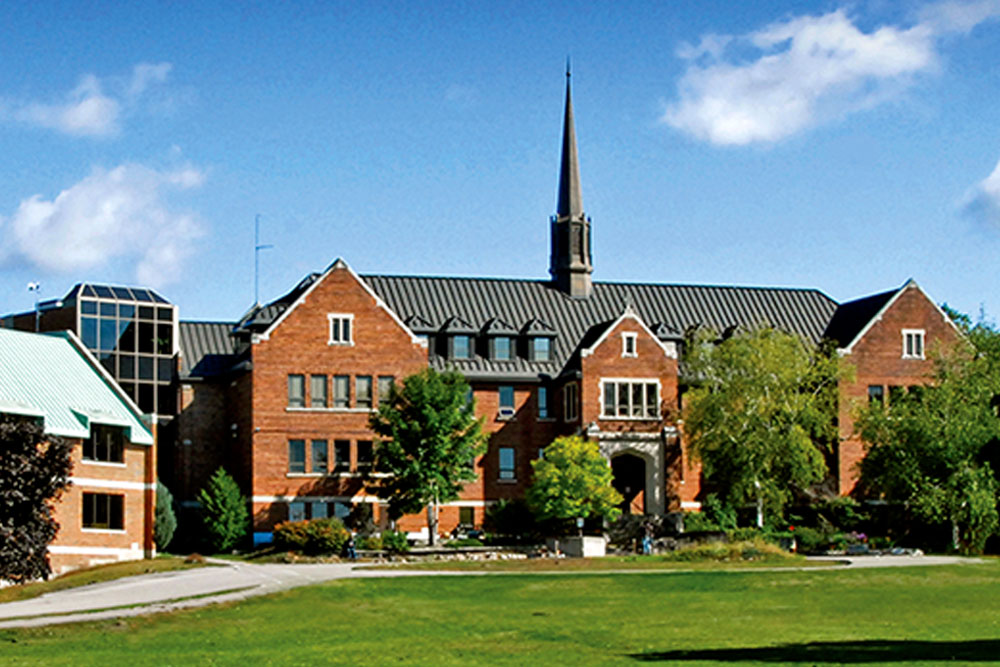


1520 Queen St. East
Sault Ste. Marie
P6A 2G4
Copyright © 2021. NORDIK Institute. Privacy Policy